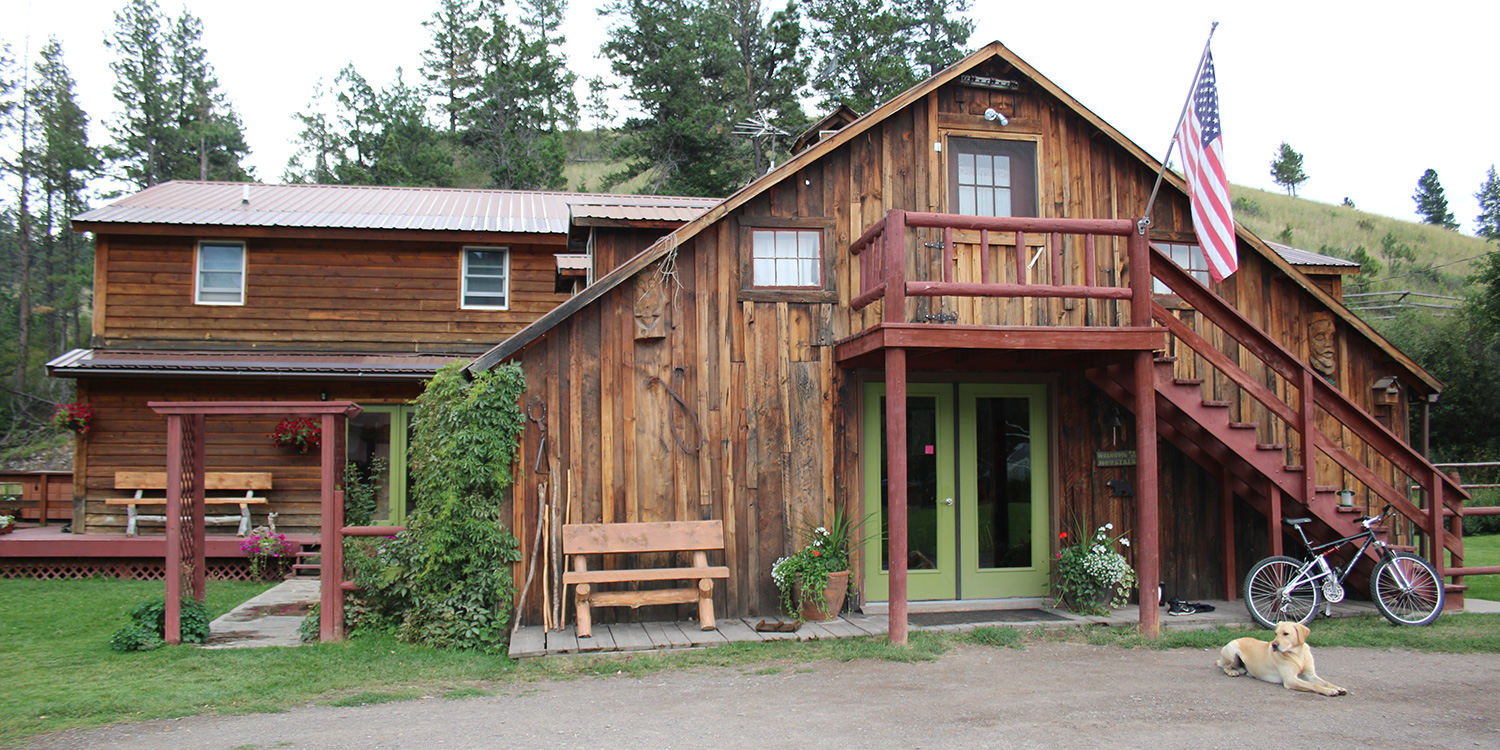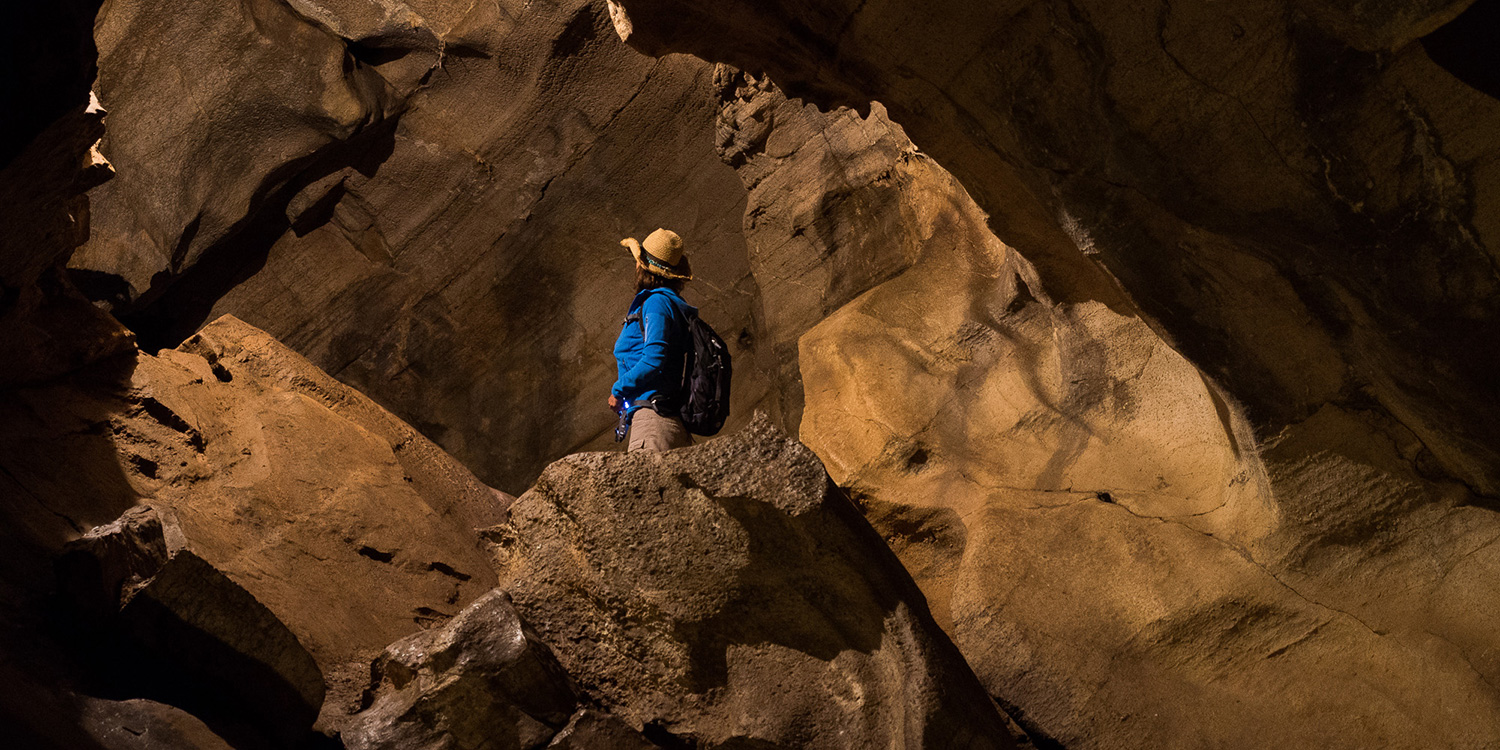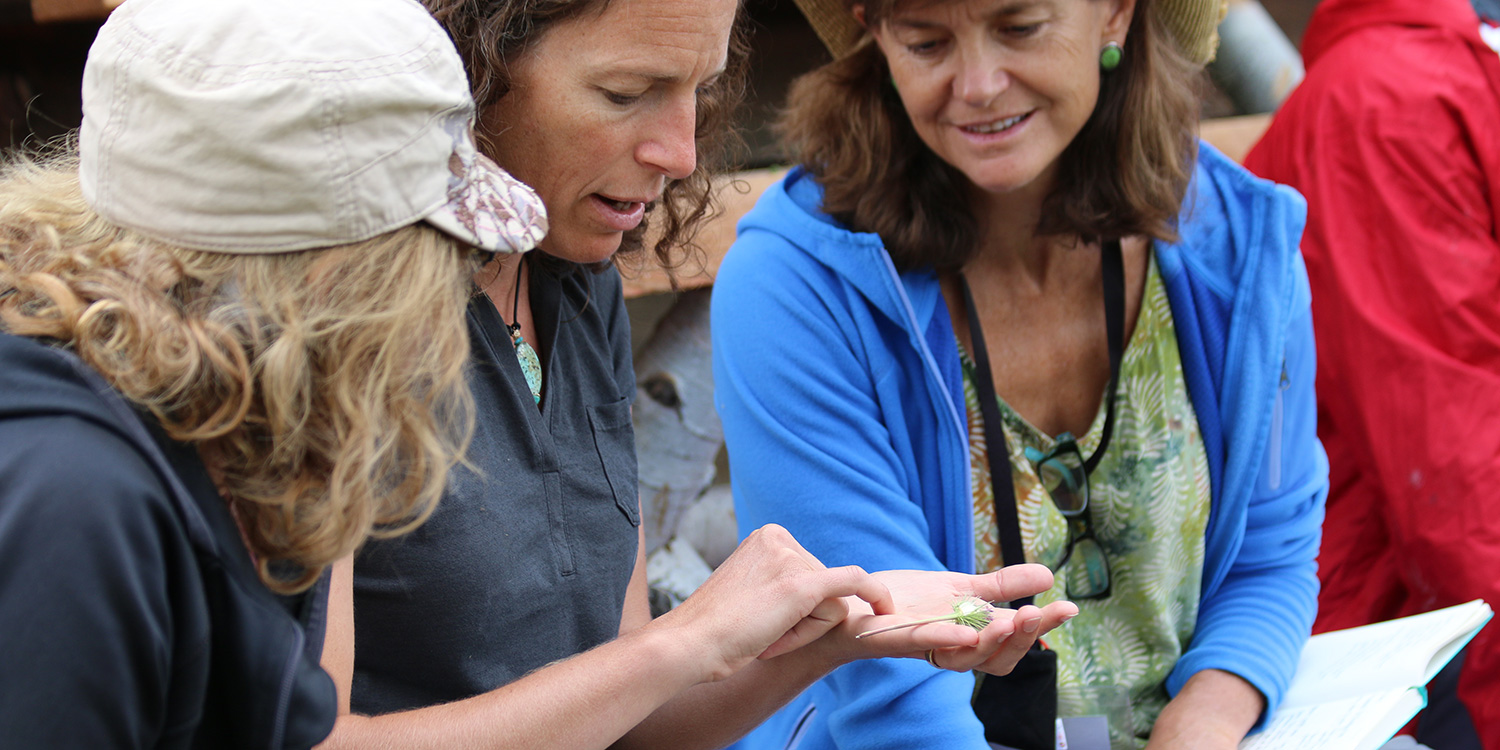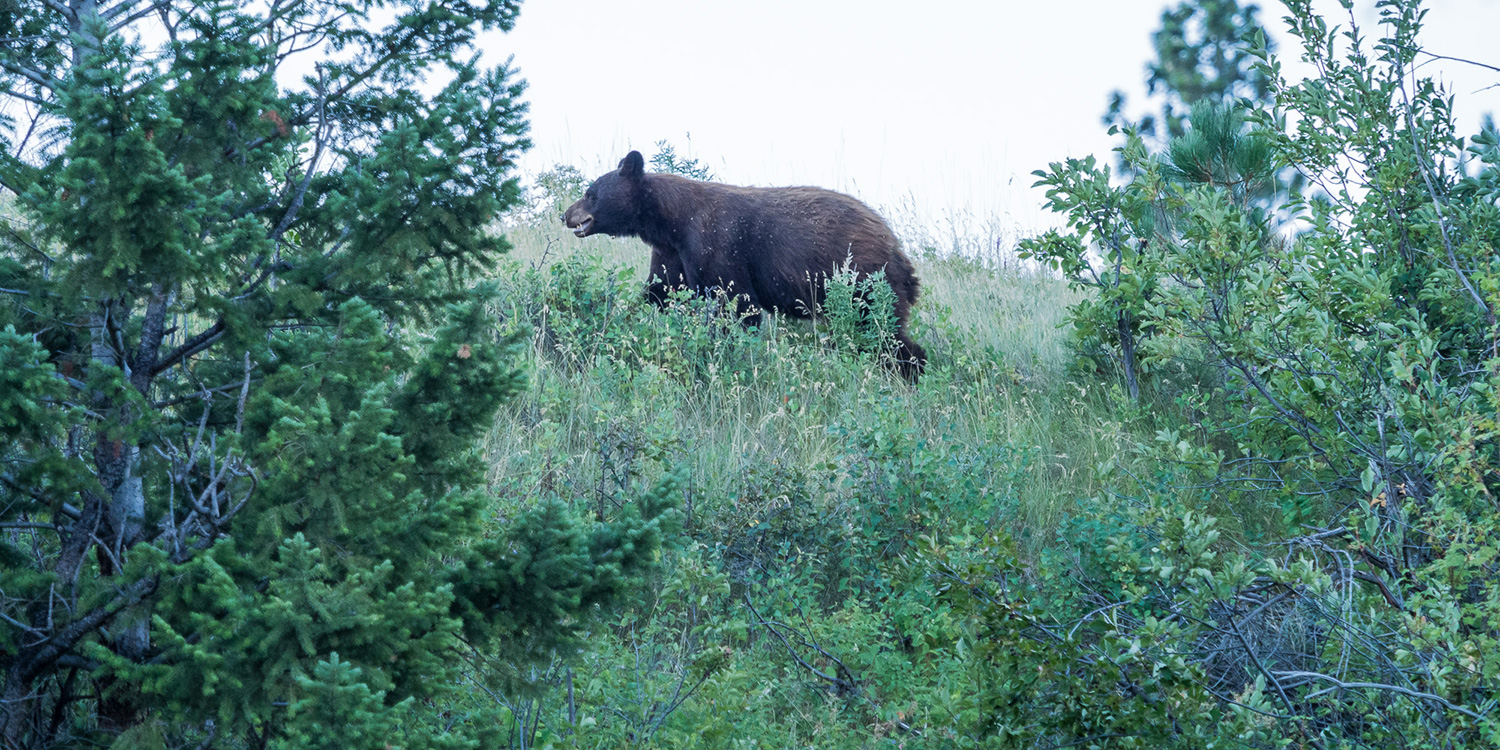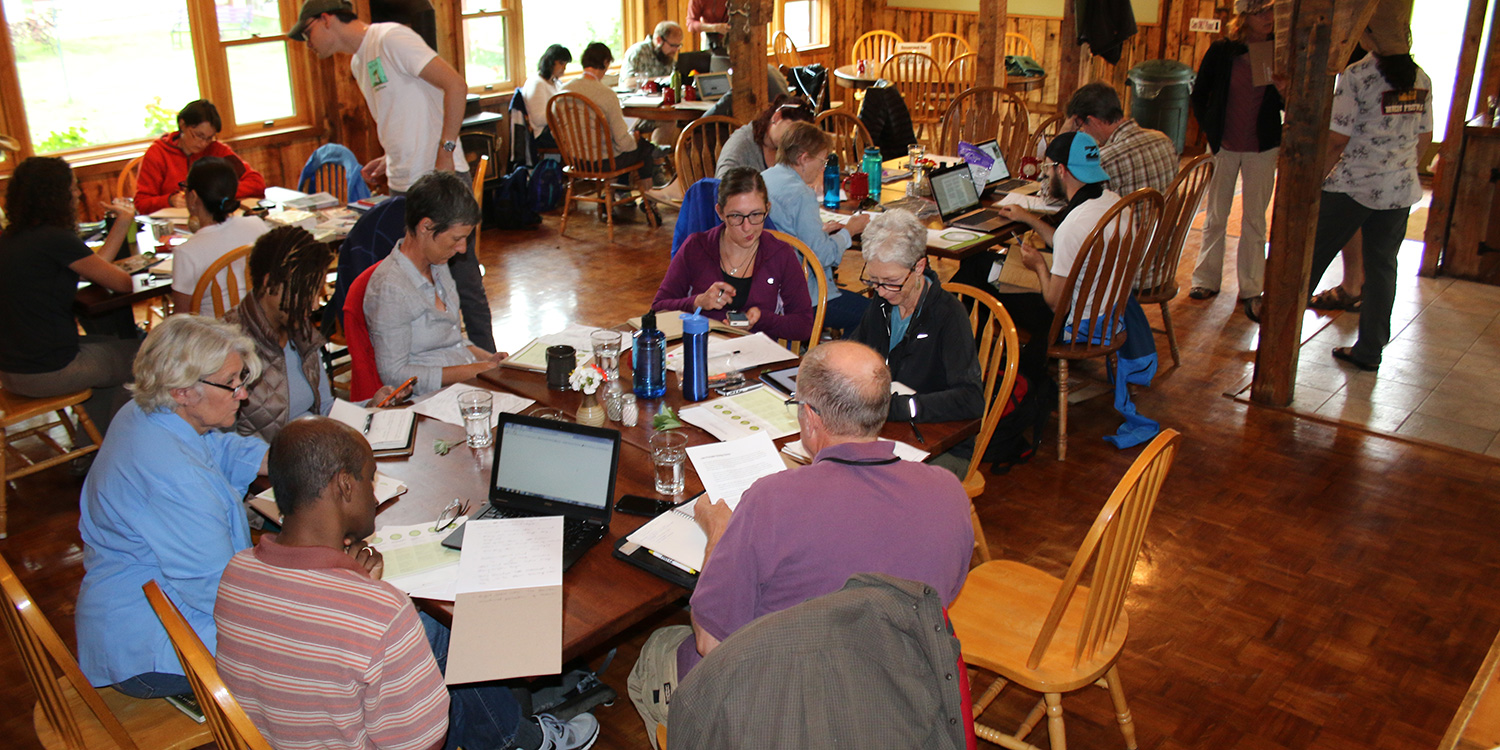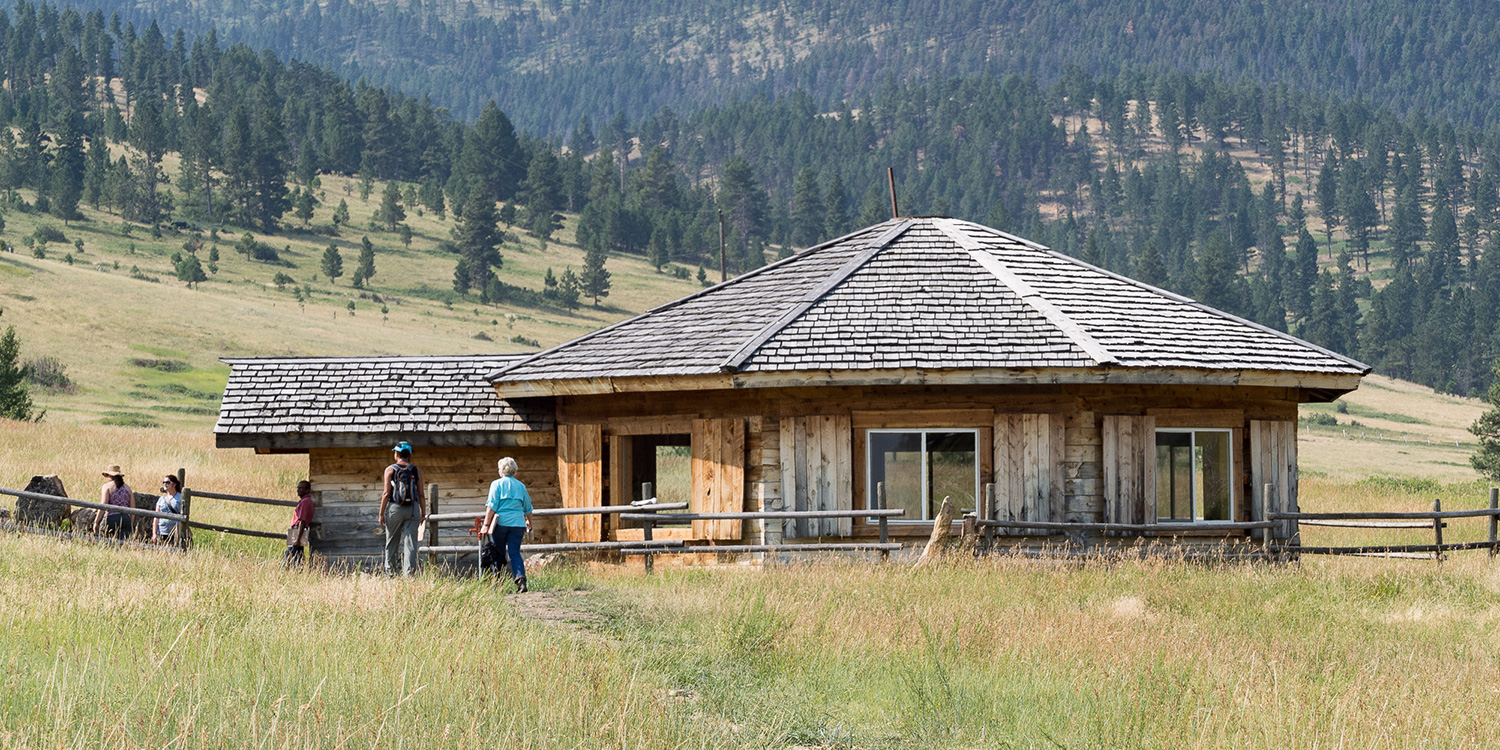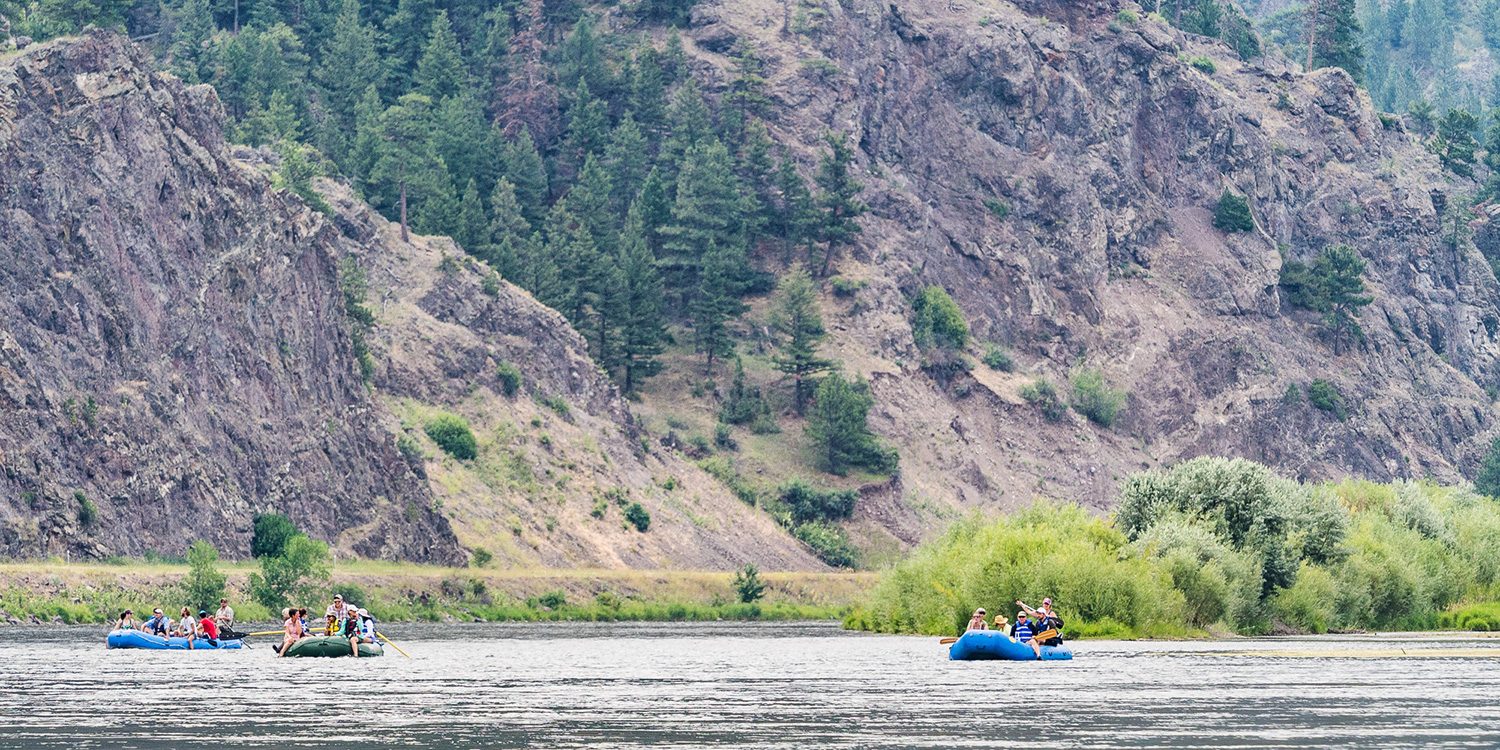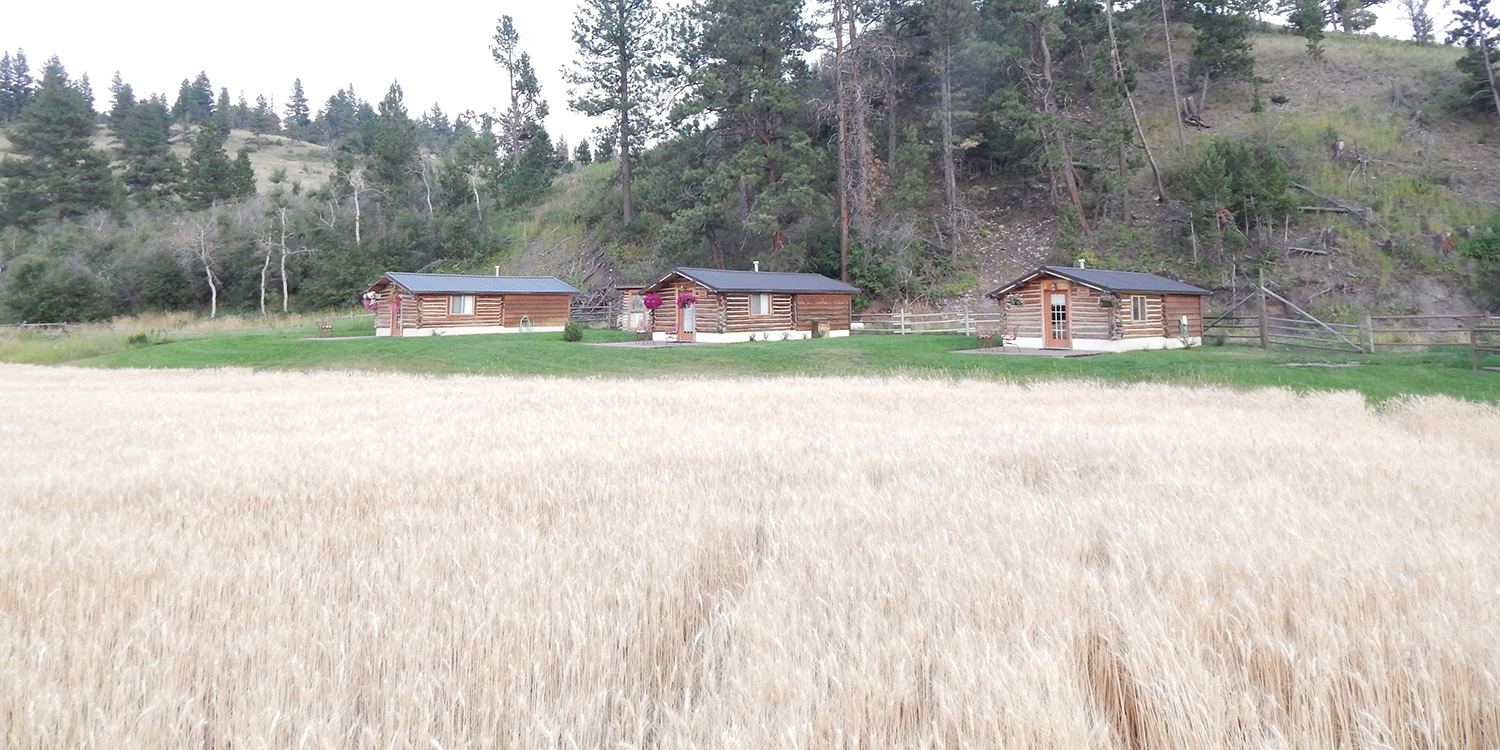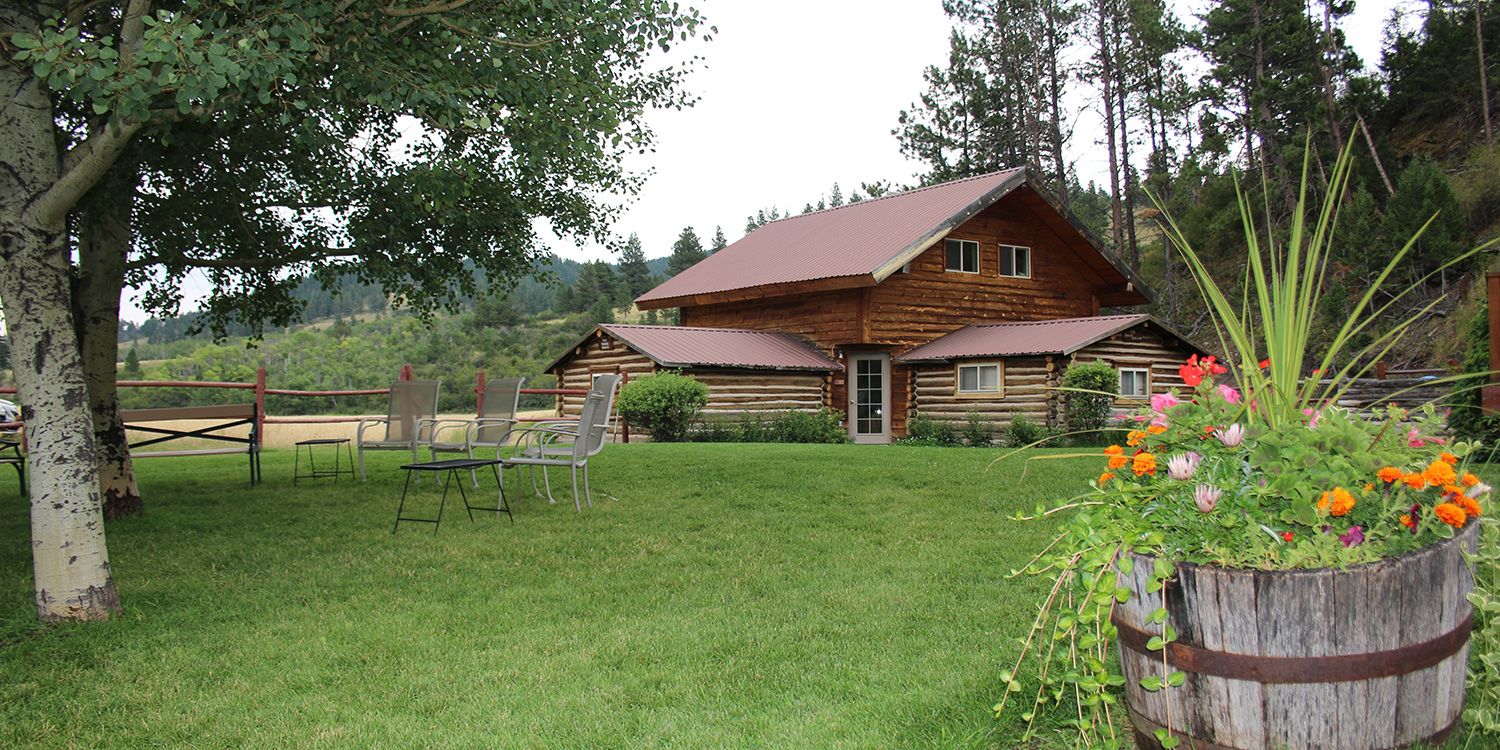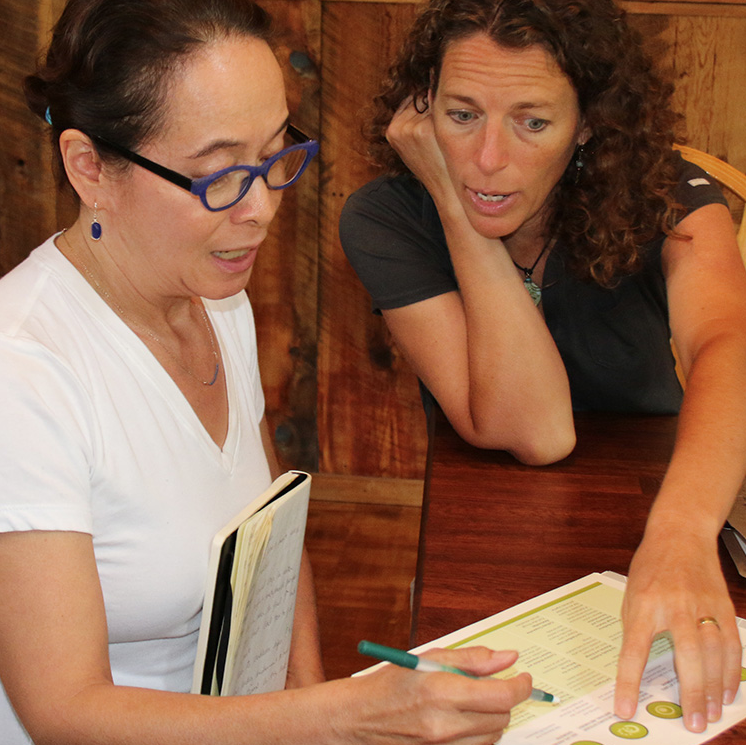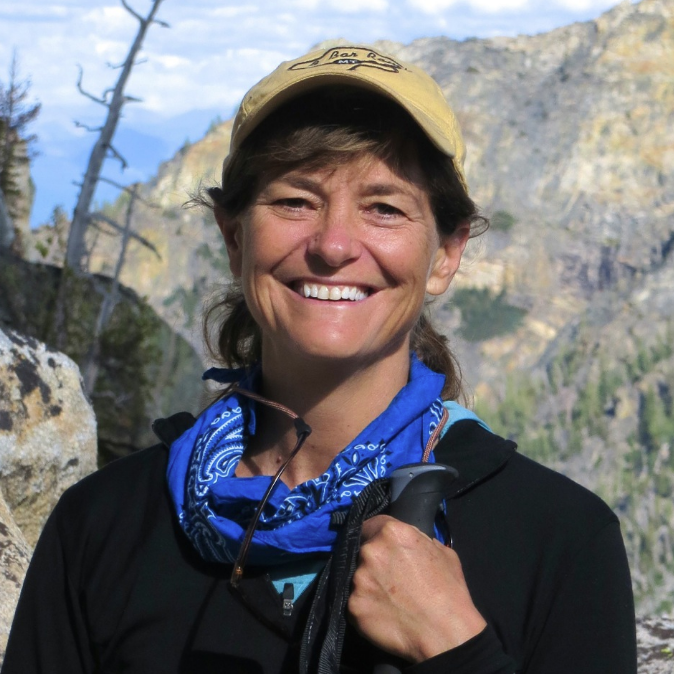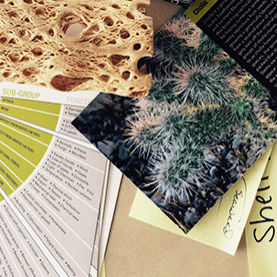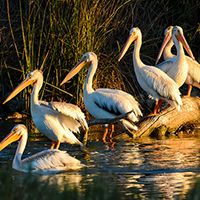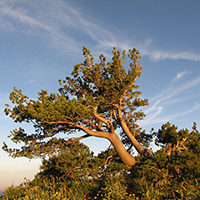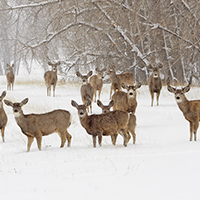DISCOVER NATURE'S GENIUS FOR SOCIAL INNOVATION
What can you expect to experience while you Discover Nature’s Genius for Social Innovation in Montana? Here’s a preview of what each day will include:
Day 1: Meet the group at the Helena Airport for the shuttle to the Blacktail Ranch. Settle in at the ranch and spend the afternoon getting oriented to biological wonders of the Rocky Mountain Front while getting to know your fellow participants. We’ll provide an overview on how organizational leadership, strategy, planning and operations can draw inspiration from healthy, evolving ecosystems.
Day 2: Begin honing your observation skills during exploration of the conifer forest. Explore life’s resilience strategies in quaking aspen stands while connecting with Life’s Principles, a Biomimicry 3.8 tool that summarizes the rules for how life survives and thrives on Earth, and how our organizations and systems might too.
Day 3: Deepen your understanding of Life’s Principles as we float down the Missouri River, spotting for bald eagles, bighorn sheep, and rainbow trout. Regroup back at the the ranch and discuss the experience of abstracting Life’s Principles in the field. After dinner, we’ll look to apply those lessons through an ecosystem-audit of your own organization or social-change endeavor.
Day 4: We’ll explore an Ice Age cave for lessons on endurance, as we look to apply design lessons to help grow resilient organizations and foster a regenerative society. We’ll practice applying lessons to model teams and organizations to become skillful at adaptive change. Spend the evening sharing your team’s design ideas inspired by the day’s discoveries.
Day 5: New lessons await as we explore a riparian zone and discuss as a group the dynamics of change in nature. After lunch, spend the rest of the day on a continued journey of discovery into your selected biological phenomena and share with the group what you’ve learned and what ideas it has inspired. Give thanks to the wisdom found in this rich biome and celebrate the final evening of the workshop with the group!
Day 6: On the final day, if we haven’t yet, we’ll get to see the elusive black bear, grizzly bear, or wolf. Reflections on building the diverse learning network of practitioners of biomimicry in social innovation wraps up our time. We’ll close the workshop after lunch for you to head back to the airport… or stay in Montana to continue traveling–either way, the next biomimicry adventure awaits!

